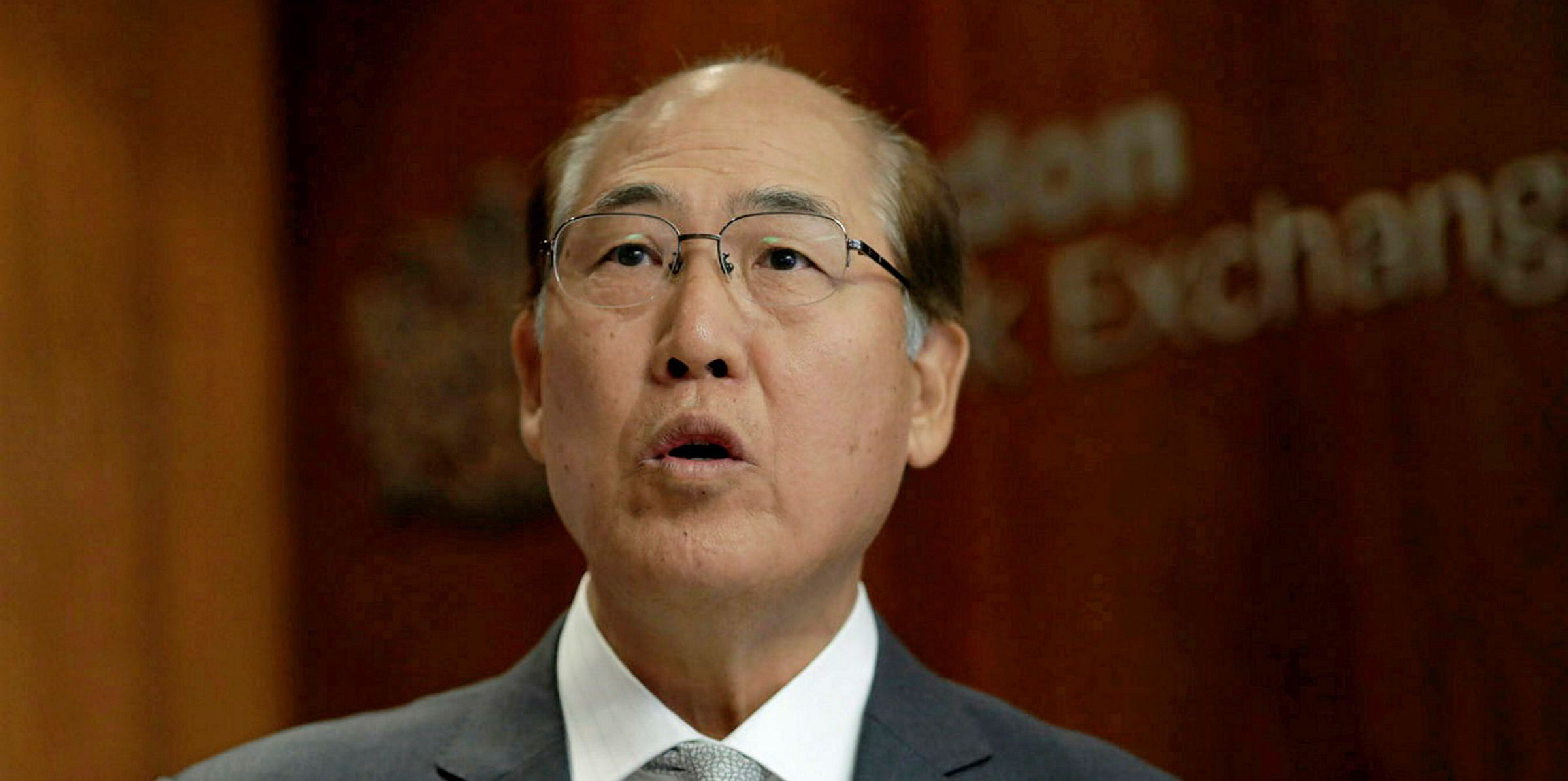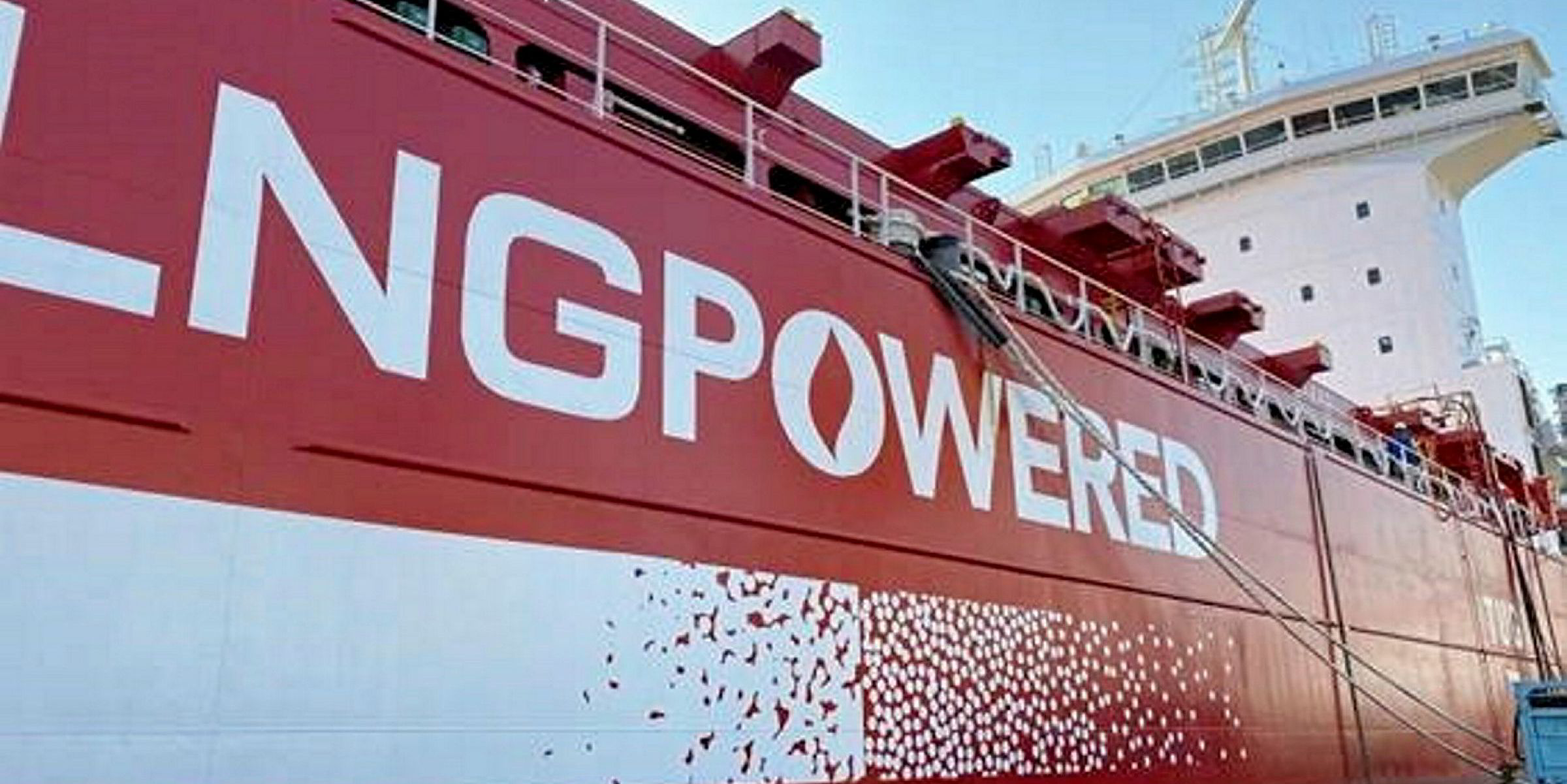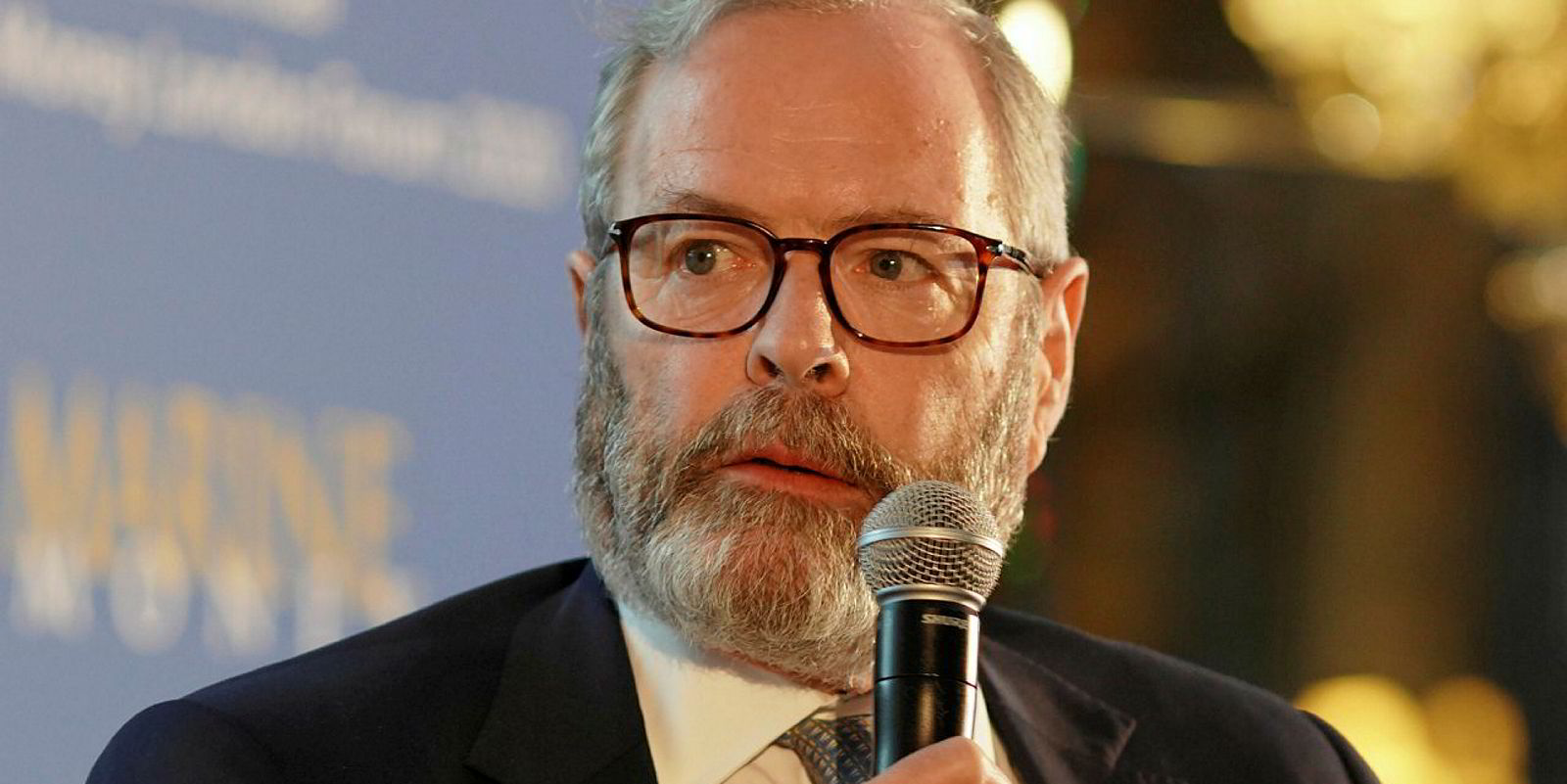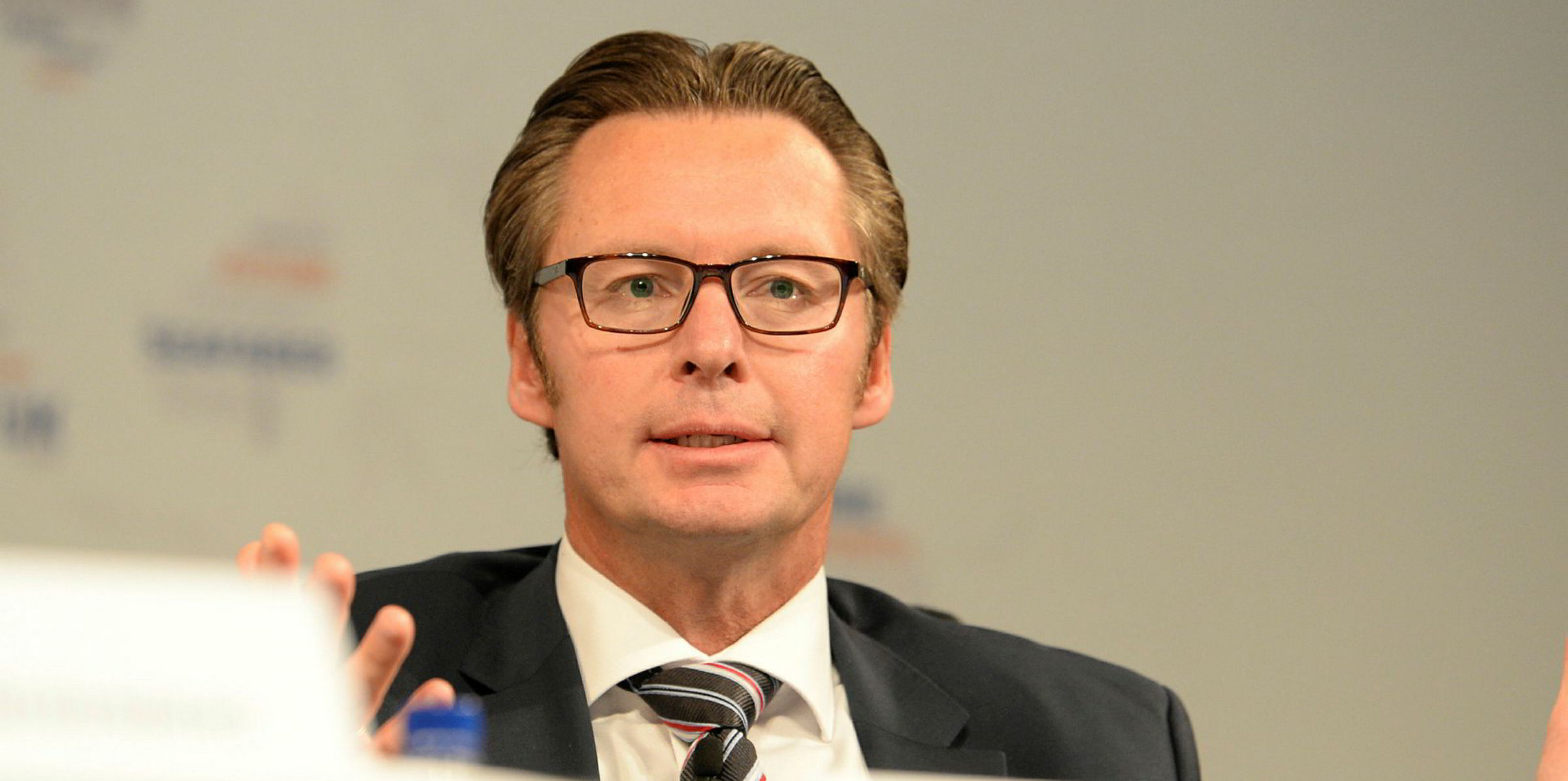The IMO is studying “all available” options to advance decarbonisation talks amid the coronavirus pandemic, after the organisation indefinitely postponed all meetings scheduled at its London headquarters between early March and the end of June.
Some environmental groups with consultative status at the IMO have called for virtual meetings on short-term decarbonisation measures, so the rules can be concluded within this year and come into force by 2023, as originally planned.
In response, an IMO spokeswoman told TradeWinds: “The IMO Secretariat, on request of the council, is looking into all available options.”
“An extraordinary session of the council has just been held by correspondence and we will be looking into how and when meetings can be held, as the situation develops.”
Member states were originally due to propose decarbonisation regulations in the 75th session of the Marine Environment Protection Committee (MEPC) to be held from 30 March to 3 April before finalising them in the 76th session in October.
In general, it takes at least 22 months for environmental rules to become national regulations after being approved at the MEPC.
Frustration of green groups
Fearing a significant delay to the IMO’s decarbonisation plan, the Clean Shipping Coalition, Greenpeace International and World Wide Fund for Nature have asked the MEPC sessions to be held in a digital format if necessary.
A digital working group of member states and non-governmental organisations with consultative status should also be launched as soon as possible to discuss decarbonisation measures, according to the environmentalist groups.
“We write today to request your personal assurance that IMO’s efforts to achieve its Initial GHG [greenhouse gas] Strategy and phase out of GHG emissions from international shipping consistent with the Paris Agreement temperature goals will not be delayed, despite the postponement of this [75th] MEPC,” they said in a joint letter addressed to IMO secretary general Kitack Lim.
“In particular, the IMO Initial Strategy goal of actions to achieve additional substantial CO2 reduction before 2023 should remain unchanged.”
Other United Nations agencies such as the World Bank, International Monetary Fund, and the Food and Agriculture Organization have been holding online meetings despite travel restrictions across the globe amid the outbreak.
“Critical [face-to-face] UN environmental meetings have been rightfully postponed due to the Covid-19 pandemic – environmental groups support these actions, but the inability to convene in person must not be used as a pretext to slow progress on the agency’s mandate to reduce the heavy greenhouse gas emissions from ships,” Pacific Environment’s climate campaign chief Madeline Rose said.






